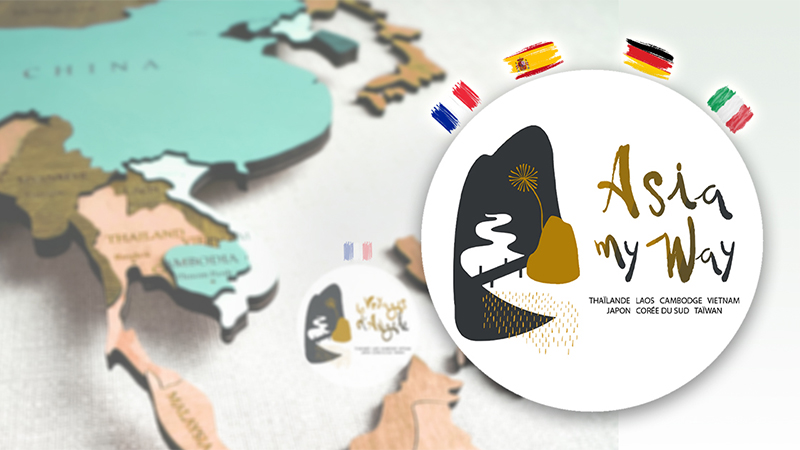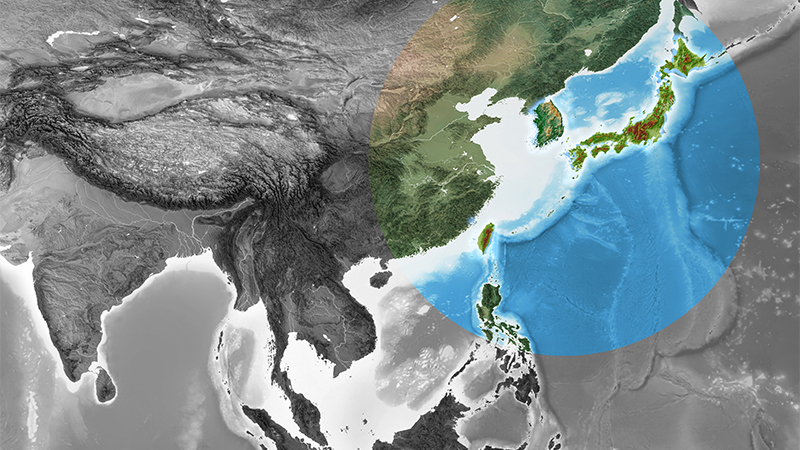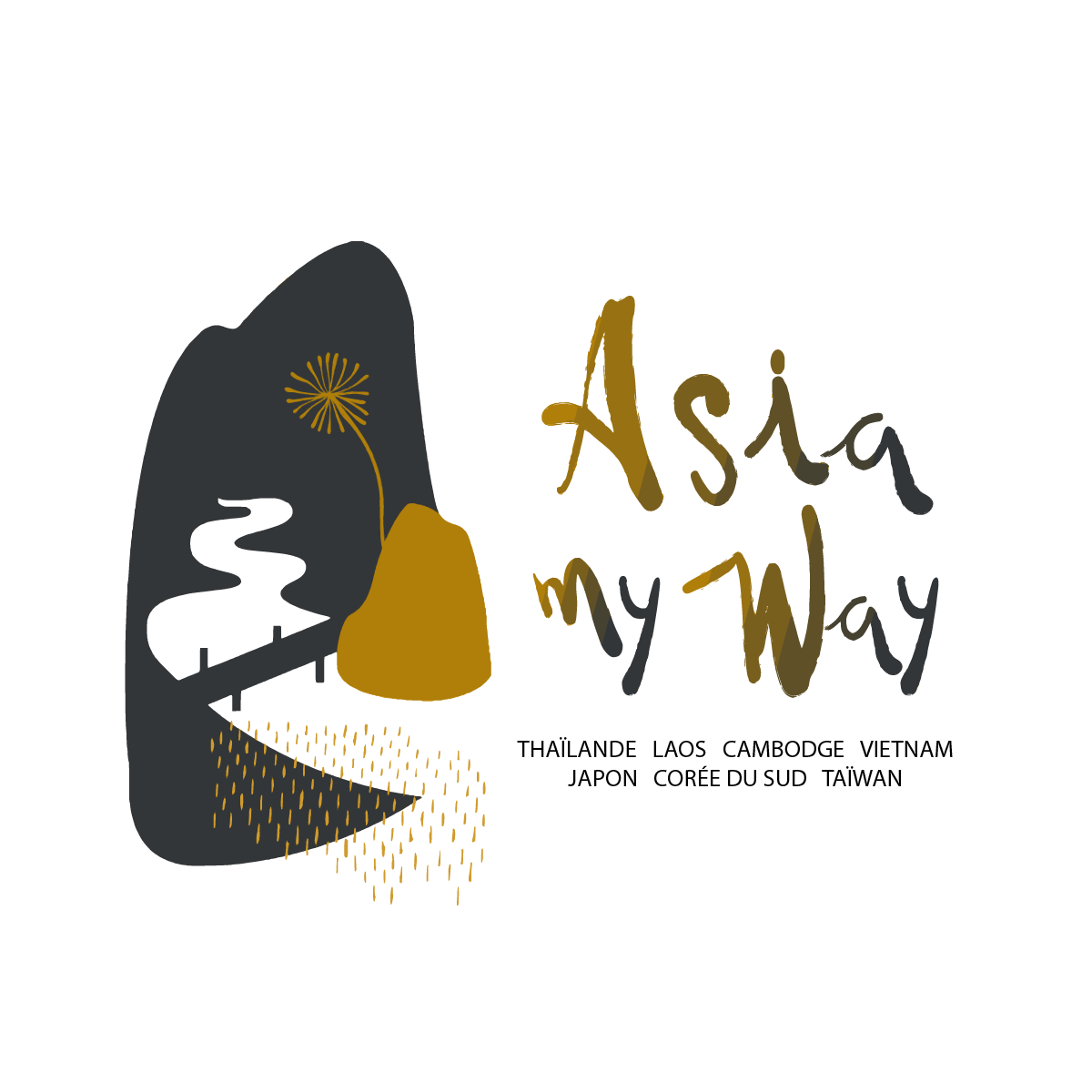South Korea, a modern and dynamic country, is known for its vibrant cities, historical landmarks, and diverse natural landscapes, from the iconic peaks of Jeju Island to the bustling streets of Seoul. With tourism contributing over 4% to the national GDP, South Korea has seen a steady rise in both international and domestic tourism. The pre-COVID boom saw over 17 million international visitors annually. However, as the country recovers from the pandemic, the focus is shifting towards more sustainable, inclusive, and environmentally-conscious tourism development.
Key Challenges
Despite its global appeal, South Korea faces several sustainability challenges related to tourism. Overcrowding in popular destinations, particularly Seoul, Jeju Island, and Gyeongju, places strain on infrastructure, public services, and the environment. The rapid growth of short-term accommodation services and large-scale festivals has also led to waste management issues and urban sprawl.
Cultural commodification, particularly in traditional villages, and the commercialization of indigenous practices are additional concerns. These challenges must be addressed to ensure that tourism benefits all communities while preserving both natural and cultural heritage.
Ecotourism and Rural Development
South Korea’s rural regions, which often face depopulation, are increasingly seen as key to the country’s sustainable tourism strategy. Ecotourism initiatives, especially in areas like Gangwon-do, Jeolla, and the wetlands of Suncheon Bay, focus on connecting tourists with nature through activities such as birdwatching, hiking, and eco-farming.
The “Slow City” (Cittaslow) movement has gained traction, promoting smaller towns and villages as travel destinations for those looking to experience a more authentic, unhurried pace of life. This approach seeks to attract visitors who are interested in both nature conservation and cultural immersion, while supporting local economies.
Additionally, Jeju Island is at the forefront of South Korea’s sustainable tourism efforts, with initiatives aimed at preserving its UNESCO-listed biosphere reserve, limiting large-scale tourism infrastructure, and focusing on renewable energy and eco-friendly practices.












